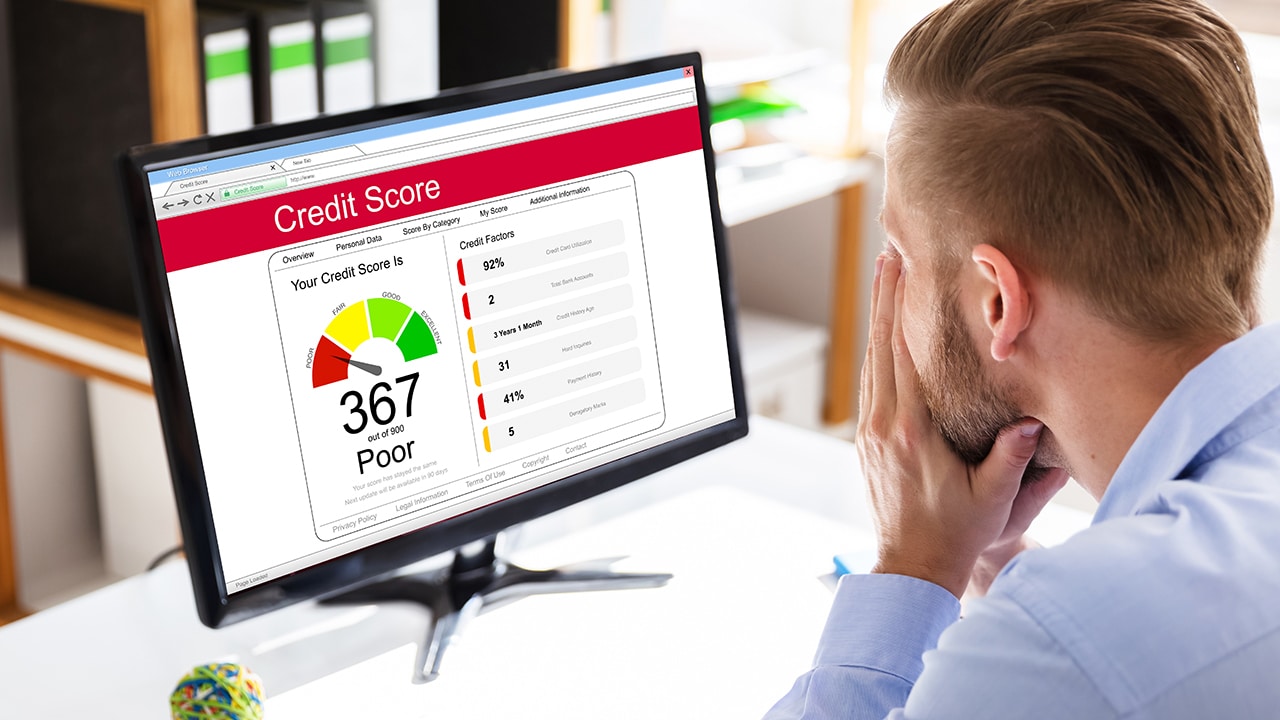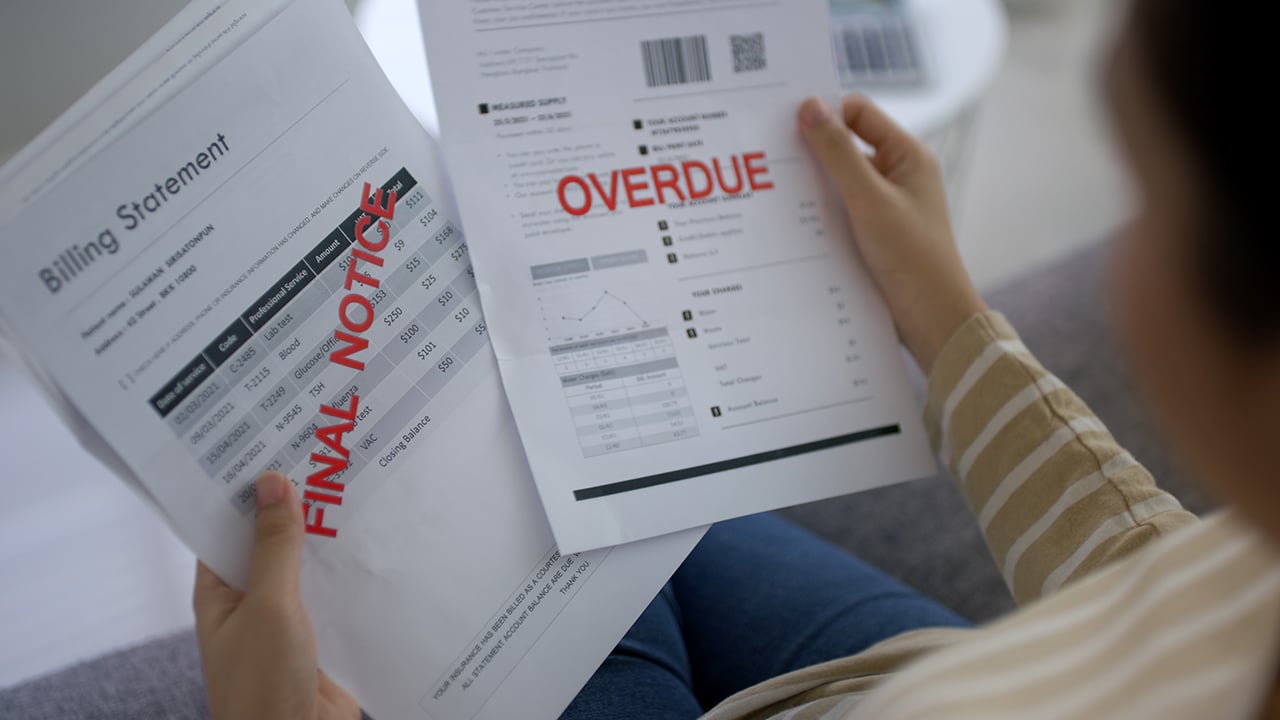Managing your finances is no easy feat. Yet, you must catch yourself making mistakes as early as possible. Otherwise, you’ll be headed for money mishaps. Some of your unproductive habits may be a warning sign for impending financial doom.
1. Means To an End

The last thing you want to do is spend money you don’t have or spend beyond your means. Small decisions like impulse purchases may not seem like a big deal right now, but wait till it causes your bank balance to break. Think of financial emergencies the next time you spot an irresistible deal on Amazon.
2. Credit Crisis

Credit scores should never be treated lightly. Why? Simply put, your score determines your ability to pay off future loans. If you’re using it to buy necessities or compensate for bad budgeting, you’ll harm your score in the long run. It’s best to reflect on your debt habits and understand your credit account use.
3. Debt Perception

Besides misusing credit, overusing your credit is another problem you’d want to avoid. It all comes down to your perception of debt. Suppose you think of debt as a necessity instead of convenience. That’s a big red flag because you’ll be paying higher interest rates and even putting up your precious assets for collateral.
4. Money Management Mishaps

Making a budget is only the first step; following through is another. If your spending doesn’t align with your plan, you’ll find yourself borrowing from friends and family just to make ends meet. Without any structure to your spending, you’d end up making minimal debt repayments.
5. Poor Planning

Effective planning starts with a long-term financial strategy. This means thinking beyond a day, week, or month. You’ll be in deep waters if you find yourself going with the flow and not caring about the bigger picture. Think about your retirement plan and emergency funds to be safe.
6. Personal Issues

You may not consider your private matters a reflection of your financial situation. But the truth is if you’re struggling with issues like illness or worried about job security, your ability to earn a stable income may be compromised. Seek help and cushion yourself against these circumstances with savings and backup plans.
7. Taxing Turmoil

Taxes can be tricky to figure out, and sometimes, you can’t help but get overwhelmed by it all. However, you must find an effective system to file them and keep records, or else trouble awaits. The government will find a way if you don’t pay your dues.
8. “If I Can’t See It, It Doesn’t Exist”

If only problems could vanish by simply closing your eyes. When things aren’t going your way, you might get the urge to be avoidant and reactive. If you find yourself dreading phone calls, avoiding online banking, and pinning your financial problems on others, you are avoiding responsibility and expecting someone else to save you.
9. Debt Collectors Strike Again!

You are in serious trouble if you’ve missed several payments and debt collectors have resorted to threatening you. However, you can still make a comeback if you get help from a Licensed Insolvency Trustee.
10. Skipping Terms and Conditions

If you can’t understand the document you’re signing, run in the opposite direction. If you take financial documents casually, you’ll end up in a disastrous situation sooner or later. You must stay on top of payment terms, interest rates, and fine print.
11. Bogus Budgeting Tools

You need some budgeting tools to help categorize your expenses. If you don’t contribute to a Tax-Free Savings Account (TFSA) or Registered Retirement Savings Plan (RRSP), you might want to get started as soon as possible.
12. Co-Signing Your Way Out

If you’re planning to take out another loan but need a cosigner to qualify for it, don’t do it. As tempting as it may be, it doesn’t address the underlying issue concerning money management. Rather than having another person guarantee your debt, improve your credit score first.
13. Going Broke

If you’re one of those who barely make it to payday, you might want to look at your money management. If you’re broke before your paycheck comes around to save the day, consider what non-essential purchases are responsible for this condition. Otherwise, you won’t have any emergency cash on you.
14. Financial Fretting

If you’re constantly anxious and stressed about your financial situation, you’re likely headed for doom even if you aren’t there yet. This stress can be attributed to unreliable money management skills, and until you up your money game, the anxiety won’t go anywhere.
15. Payment Paradox

If you’re skipping one payment to make another, that’s a red flag! While it can’t be helped in some cases, you might want to look at your statement and get rid of any unwanted subscriptions to pay the bills you absolutely have to.
